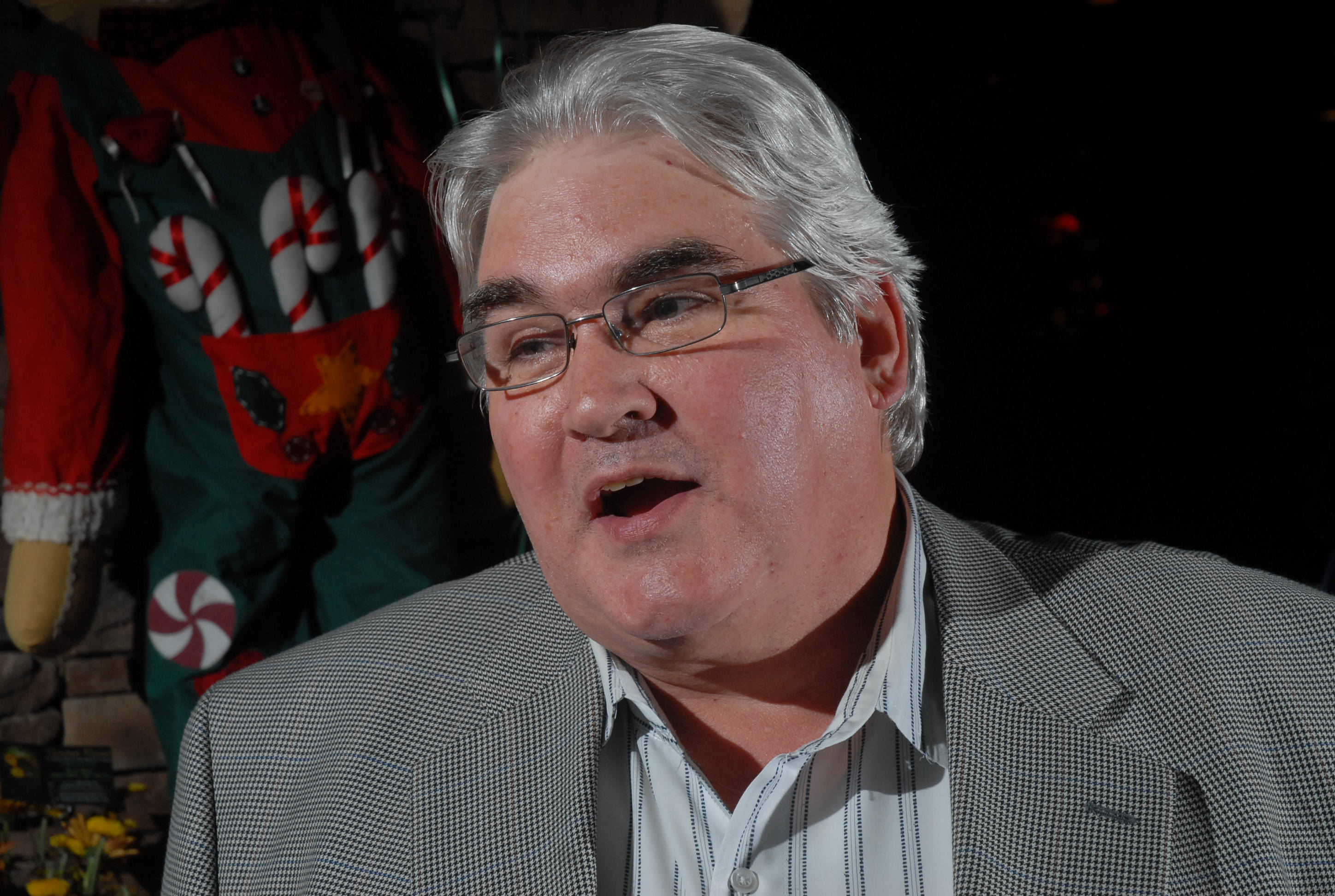Chattanooga Homeless Coalition sets goal for 2020
Friday, January 1, 1904
IF YOU GO• What: Chattanooga Homeless Coalition first quarterly meeting• When: 10:30 a.m. Sept. 20• Where: Partnership for Families, Children and Adults on McCallie Avenue
Chattanooga has at least 113 people living on the street, according to the Chattanooga Homeless Coalition.
The coalition's goal is none.
"My hope would be by 2020 we would end homelessness in the Chattanooga region," said Mary Simmons, the coalition's executive director.
Local agencies can't do it yet, but someday Chattanooga will have systems in place so that a person who loses his or her housing could get temporary shelter the same day and be placed in permanent housing within 30 days, Simmons said.
The goal of ending homelessness by 2020 is among several goals the federal government delineated in a strategic plan to prevent and end homelessness, called Opening Doors, she said.
The plan also calls for an end to veteran homelessness by 2015, she said.
Starting Sept. 20, the coalition will host quarterly meetings to make sure each of its 10 agencies are aware of the federal guidelines and understand how to document progress toward the goals. The coalition is the lead agency working with the 10 other agencies to get grant funding used in preventing and ending homelessness. The coalition has the responsibility of ensuring that the program administered by the agencies meet their proposed outcomes.
"We're going to have mandatory training four times a year to make sure we have the most effective programs that we can have," she said.
At stake is a $2.3 million Continuum of Care grant used to prevent and end homelessness in the Chattanooga region.
The coalition has received the grant each year since 1998 and is exceeding federal government benchmarks for ending chronic homelessness, Simmons said, but it's a competitive grant available to agencies nationwide and, with federal funding being cut, she wants to make sure that each coalition agency is doing all it can to make sure funding continues.
The deadline for the grant this year is Oct. 28. The coalition will know if it received the funding in March.
All 10 of its agencies are surpassing the national average of having at least 77 percent of people in transitional housing move to permanent housing regardless of their challenges. The coalition says its success rate is more than 90 percent.
But it's important to make sure the coalition continues to meet challenges and document progress accurately, said Charlie Hughes, executive director of Community Kitchen, one of the 10 agencies.
"HUD guidelines and expectations change periodically," he said. "We just need to know what they want us to accomplish and the best way for us to accomplish it."

